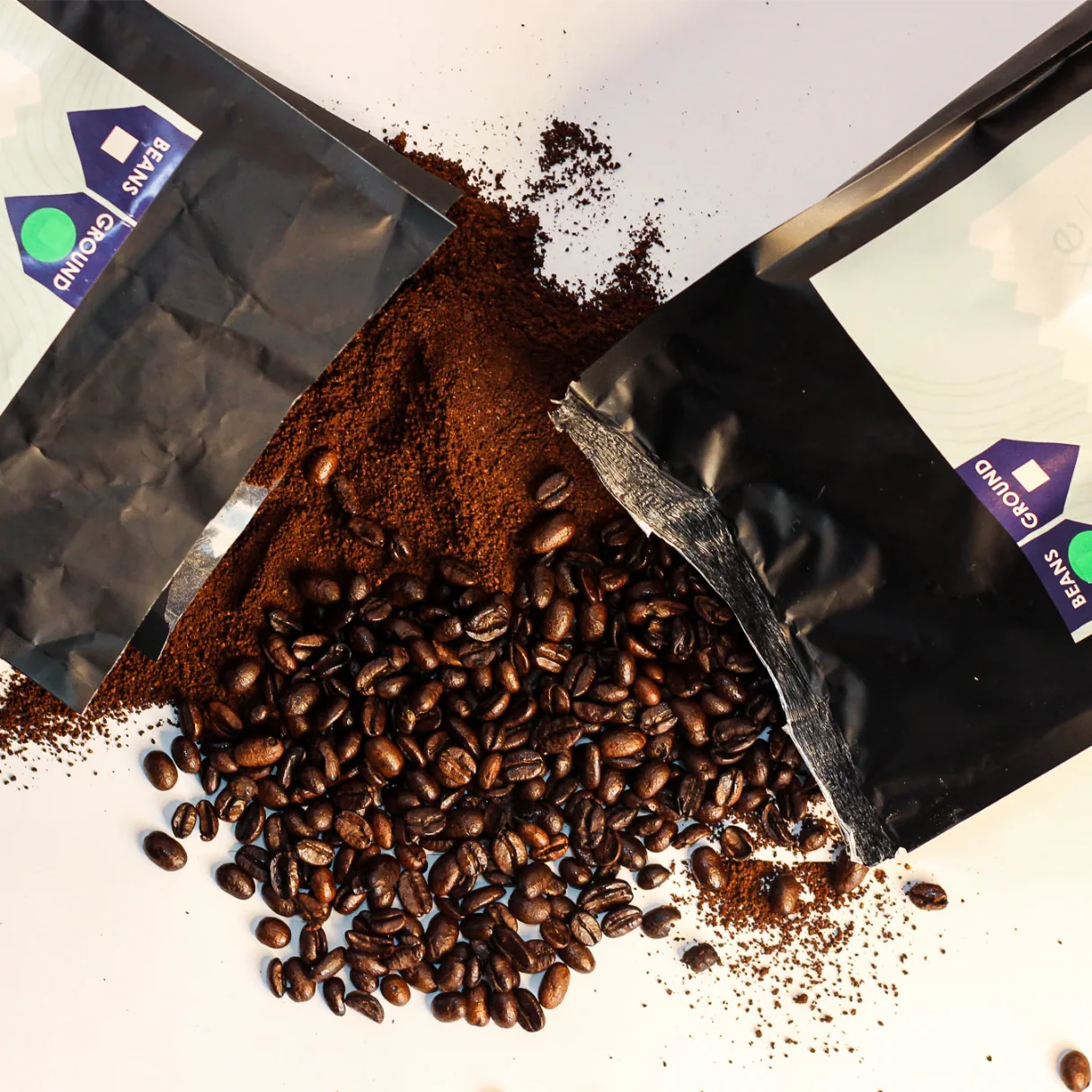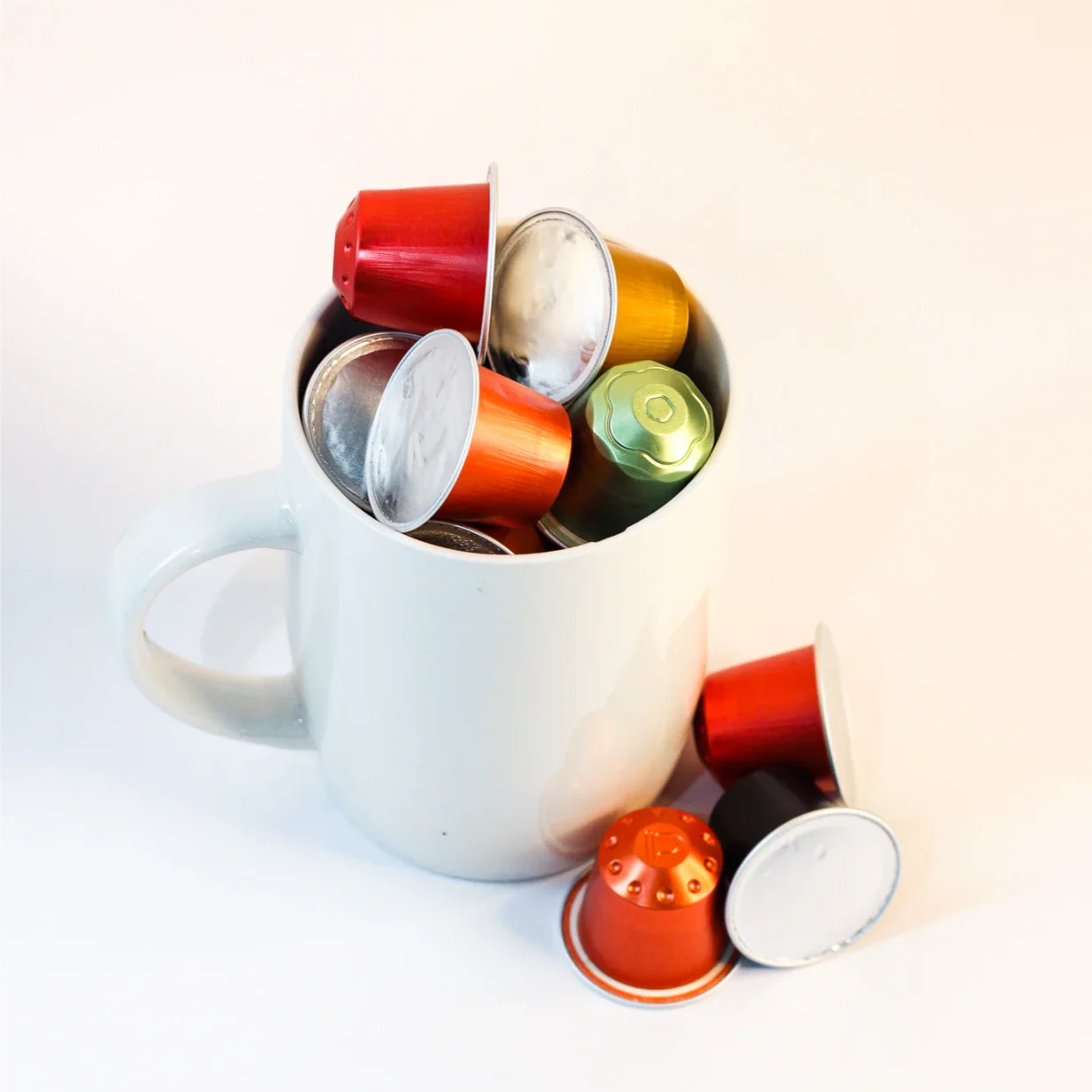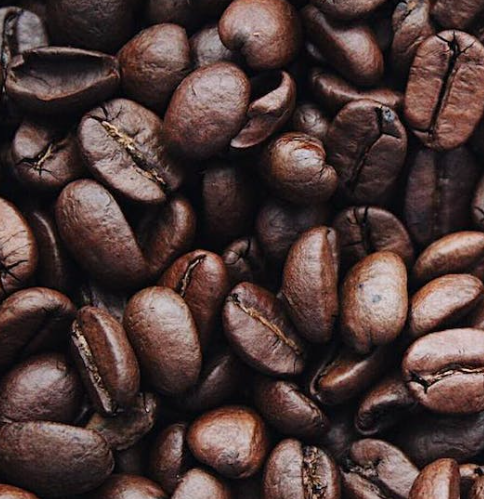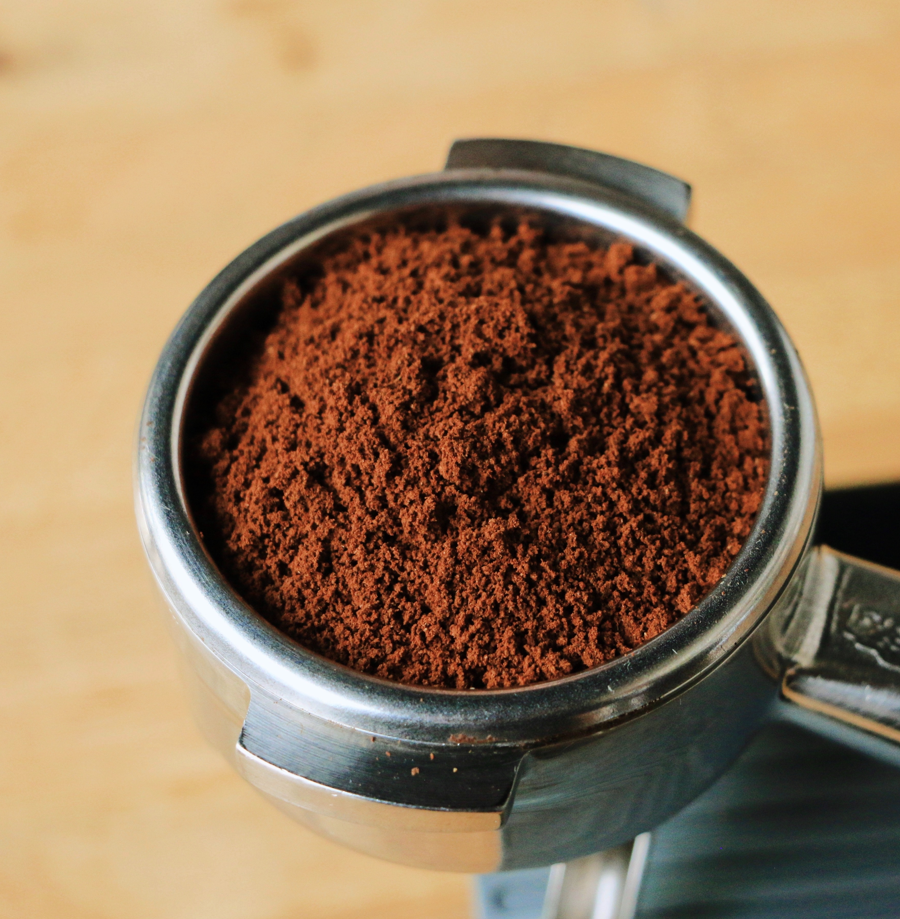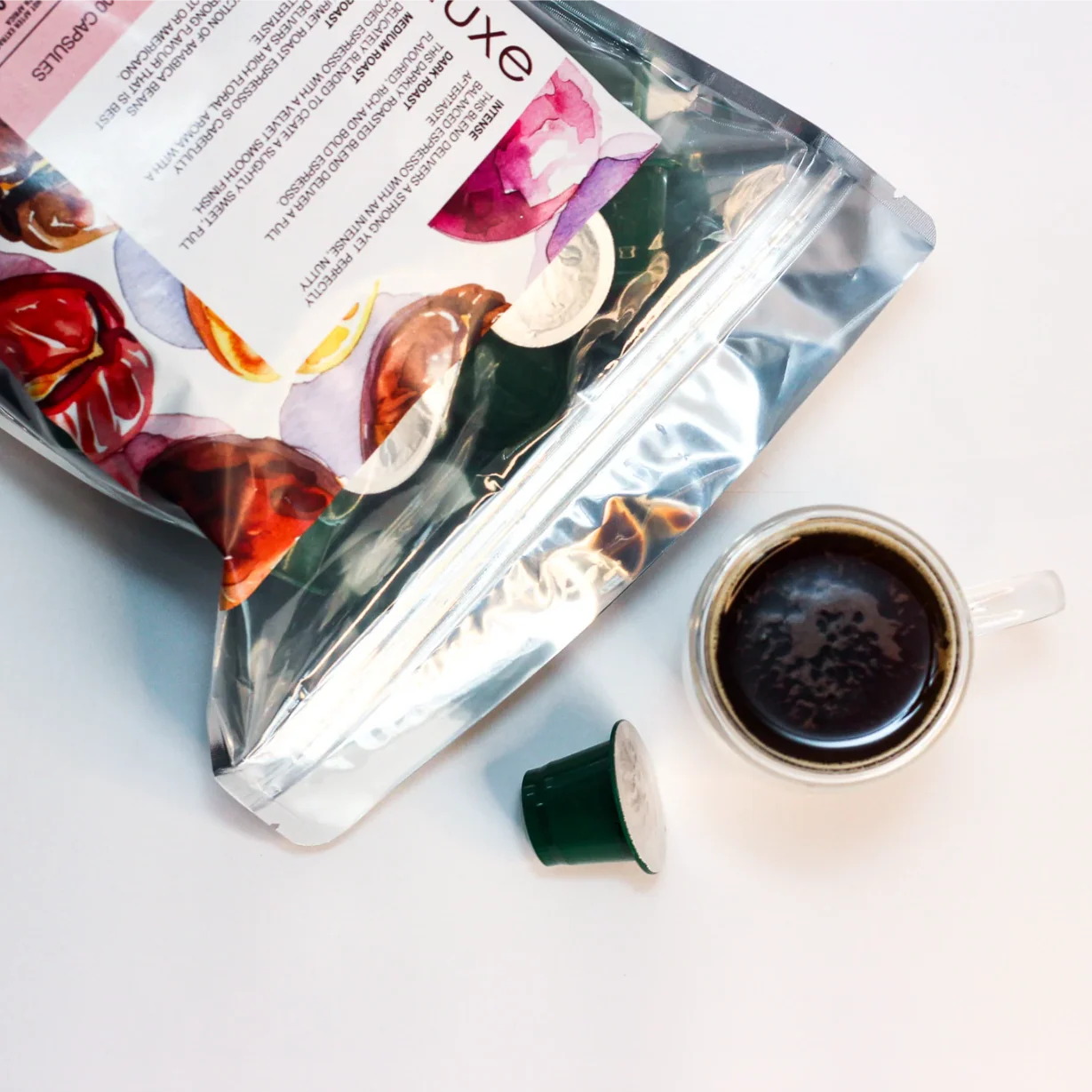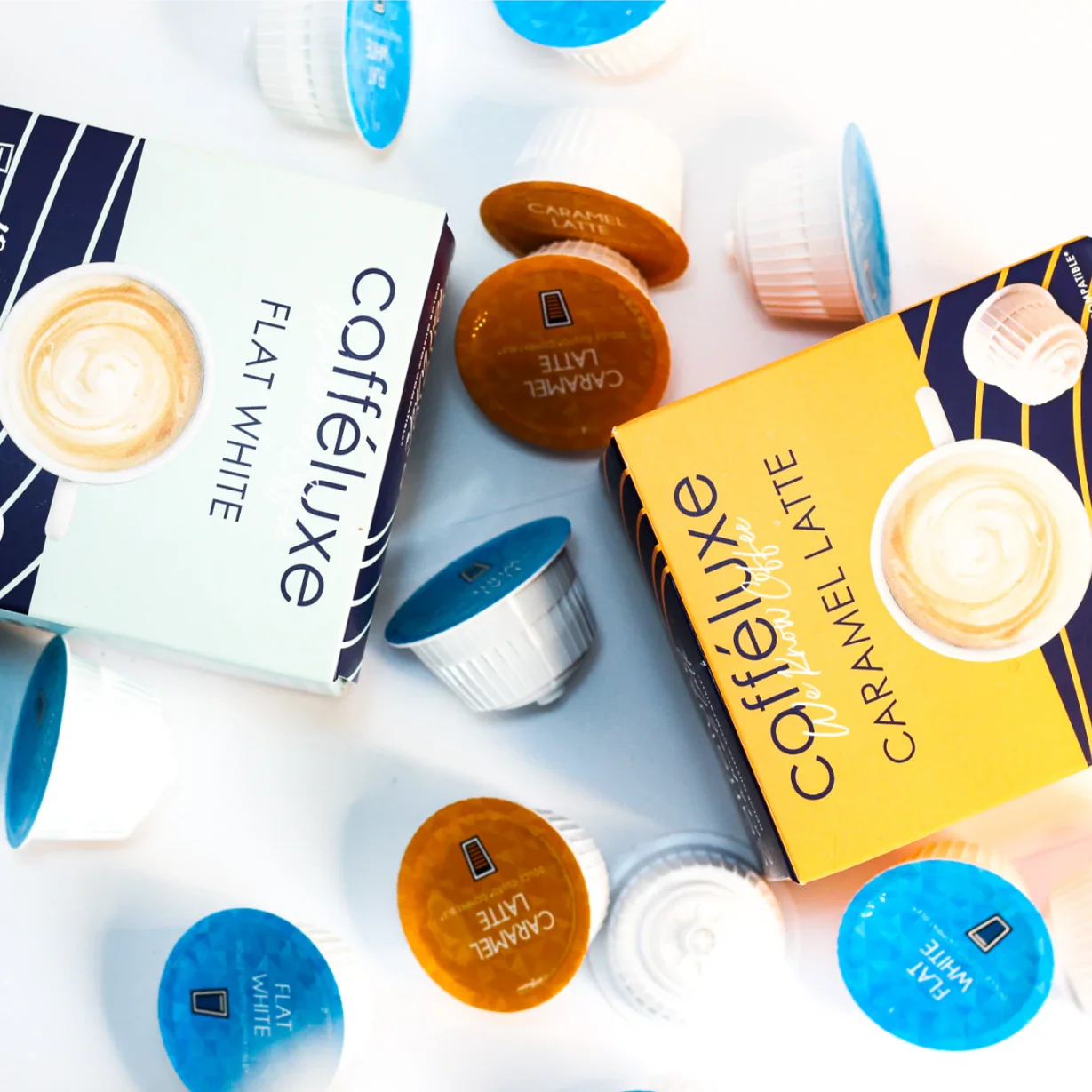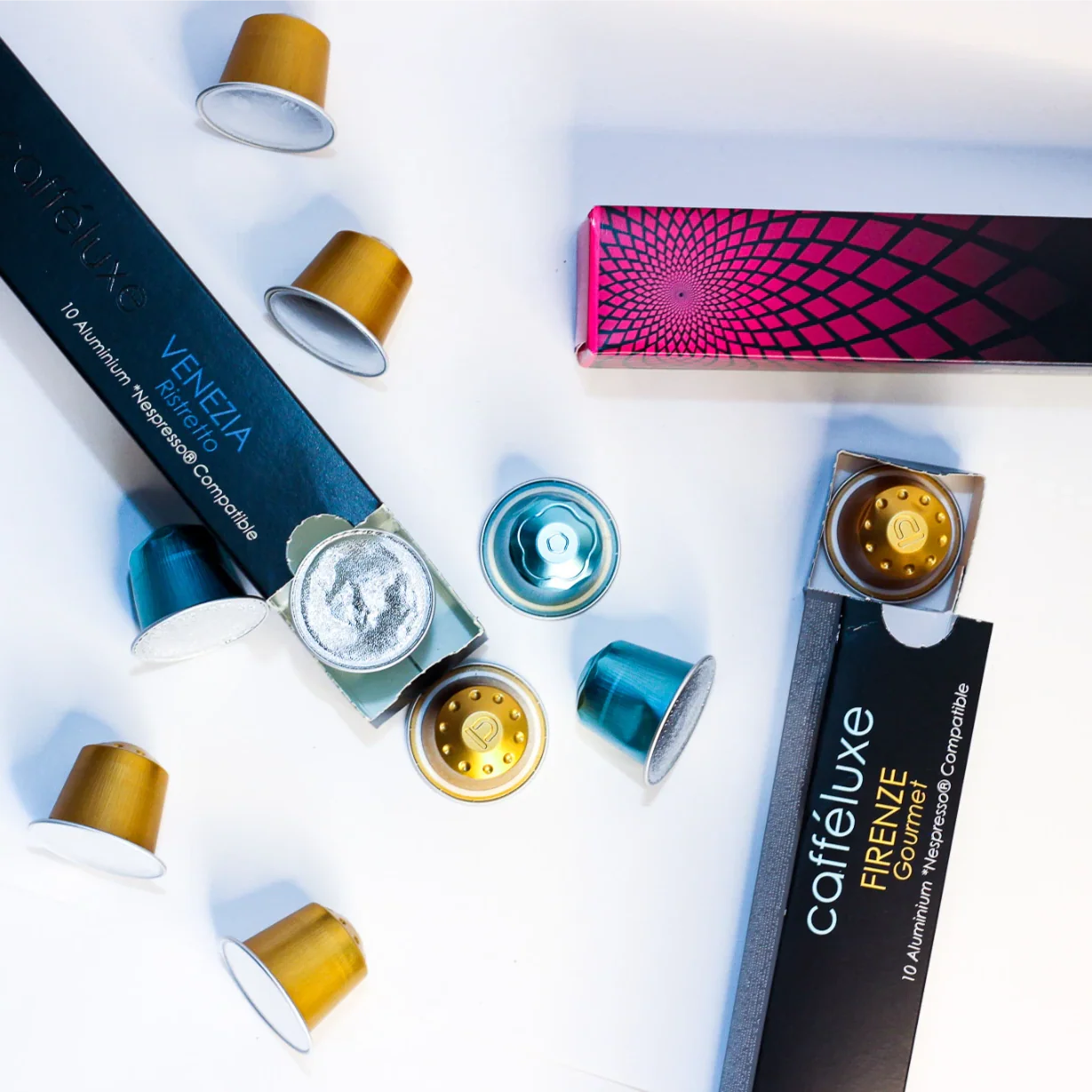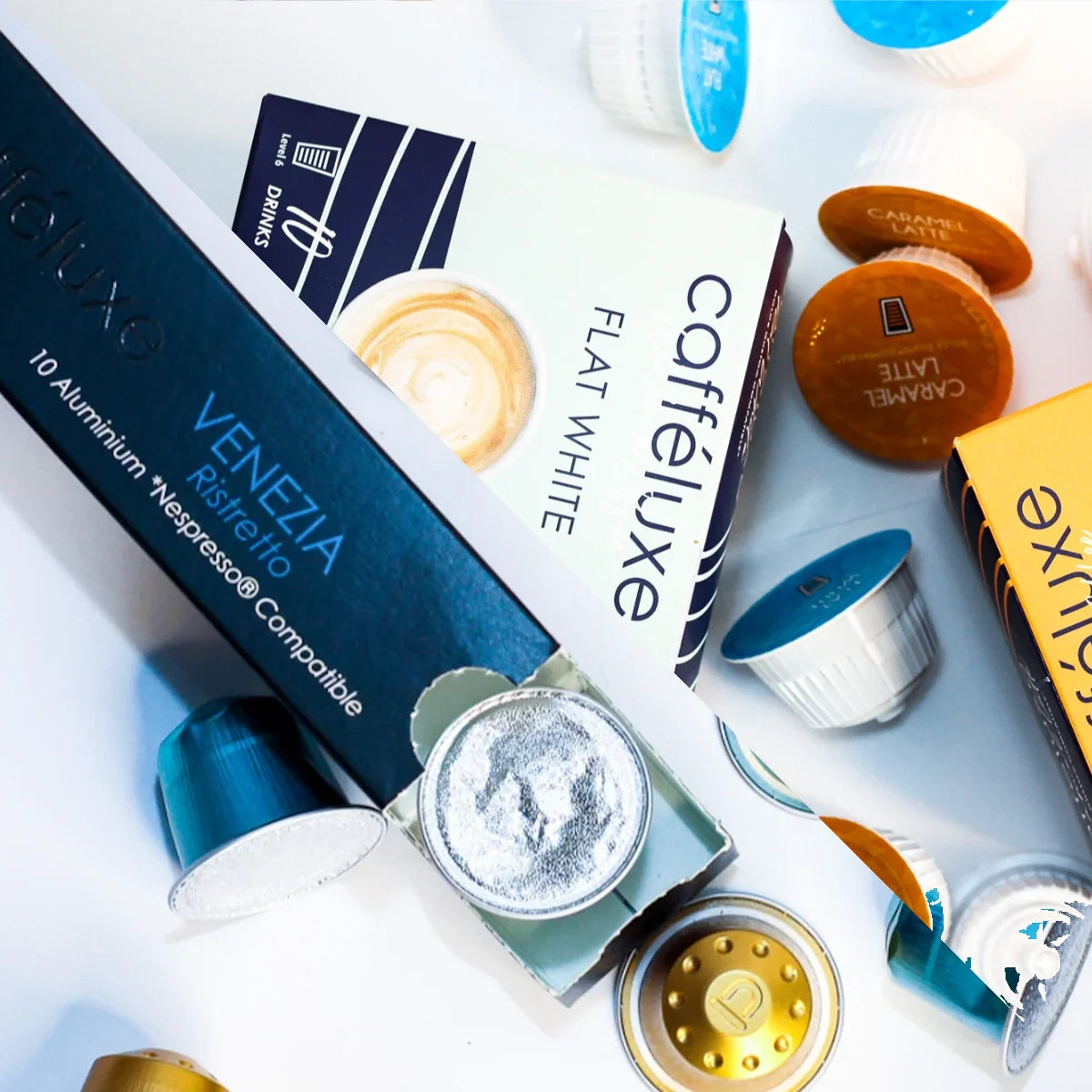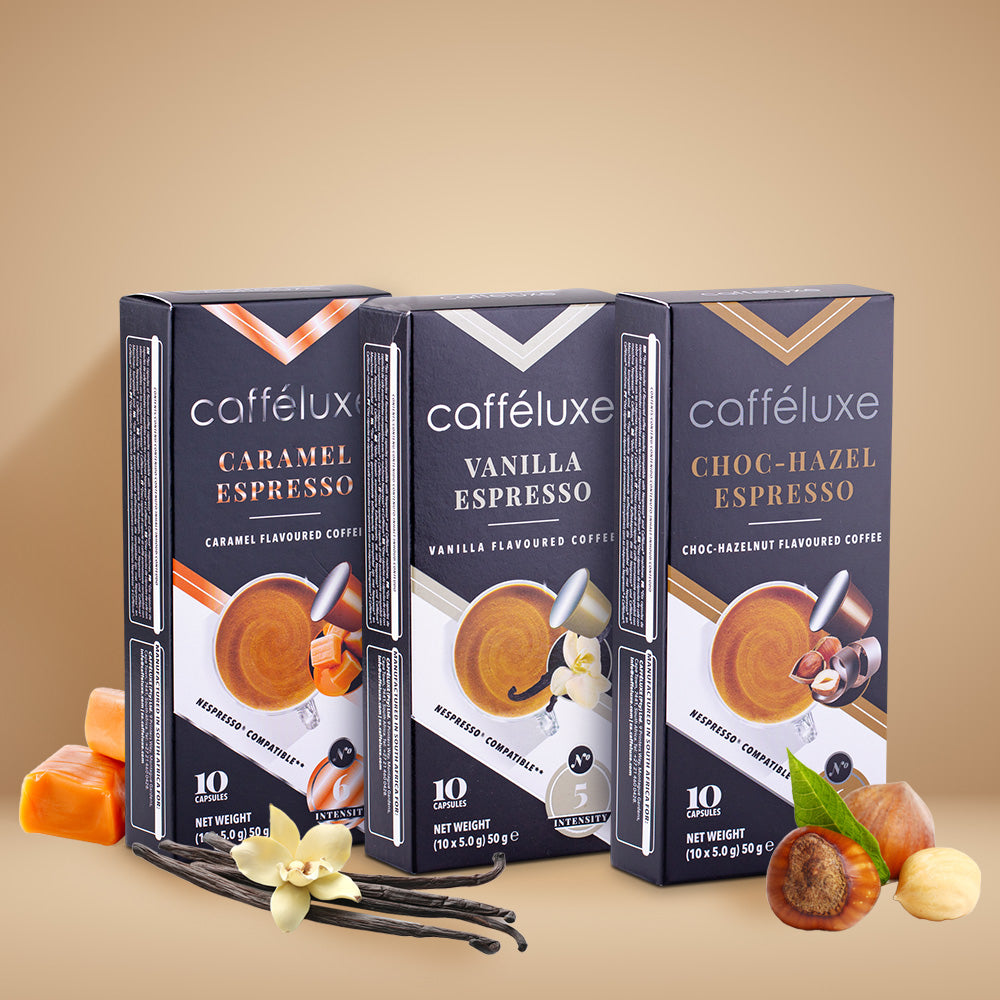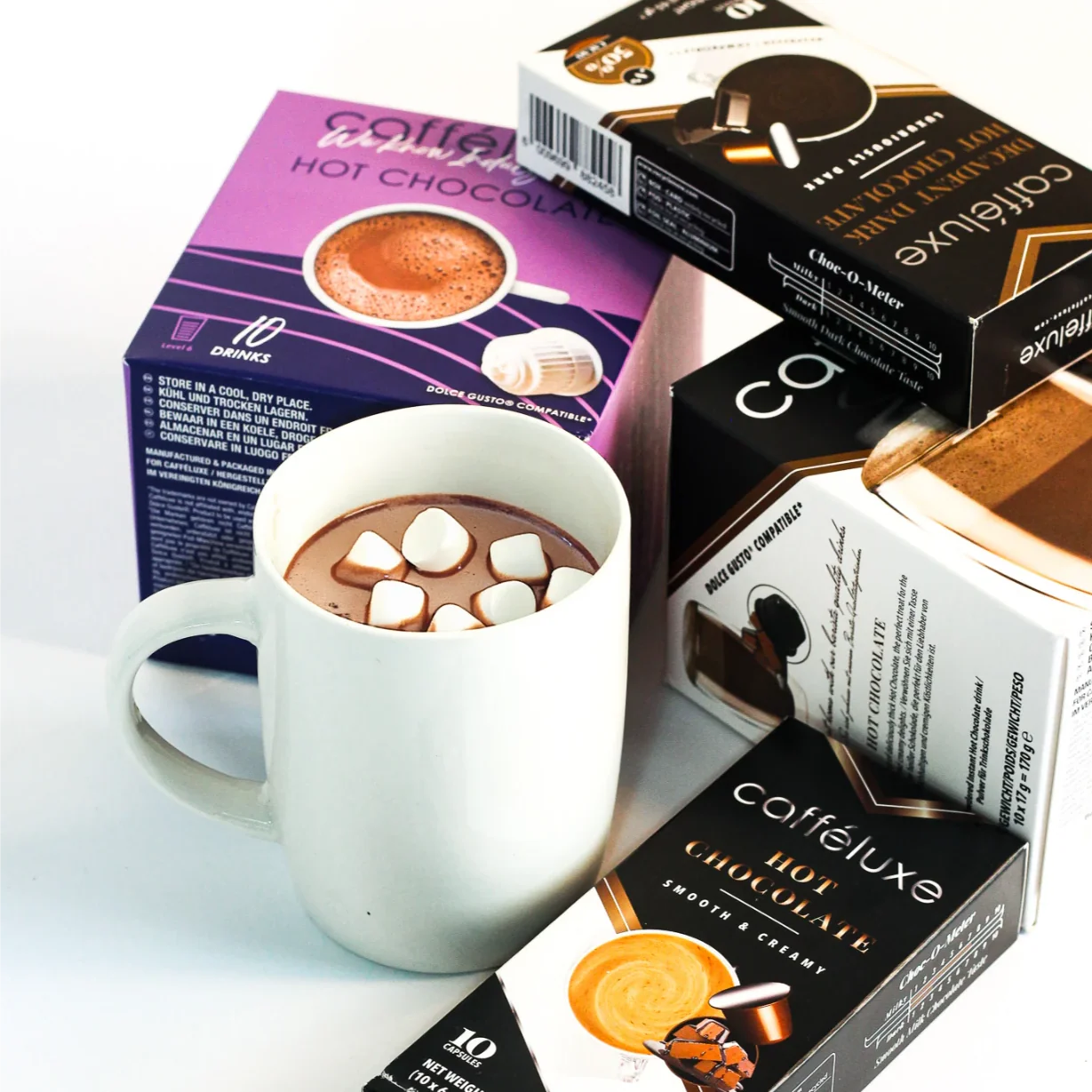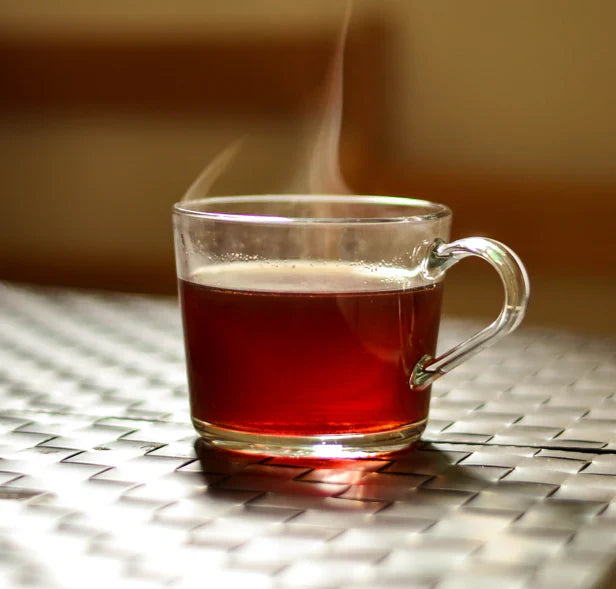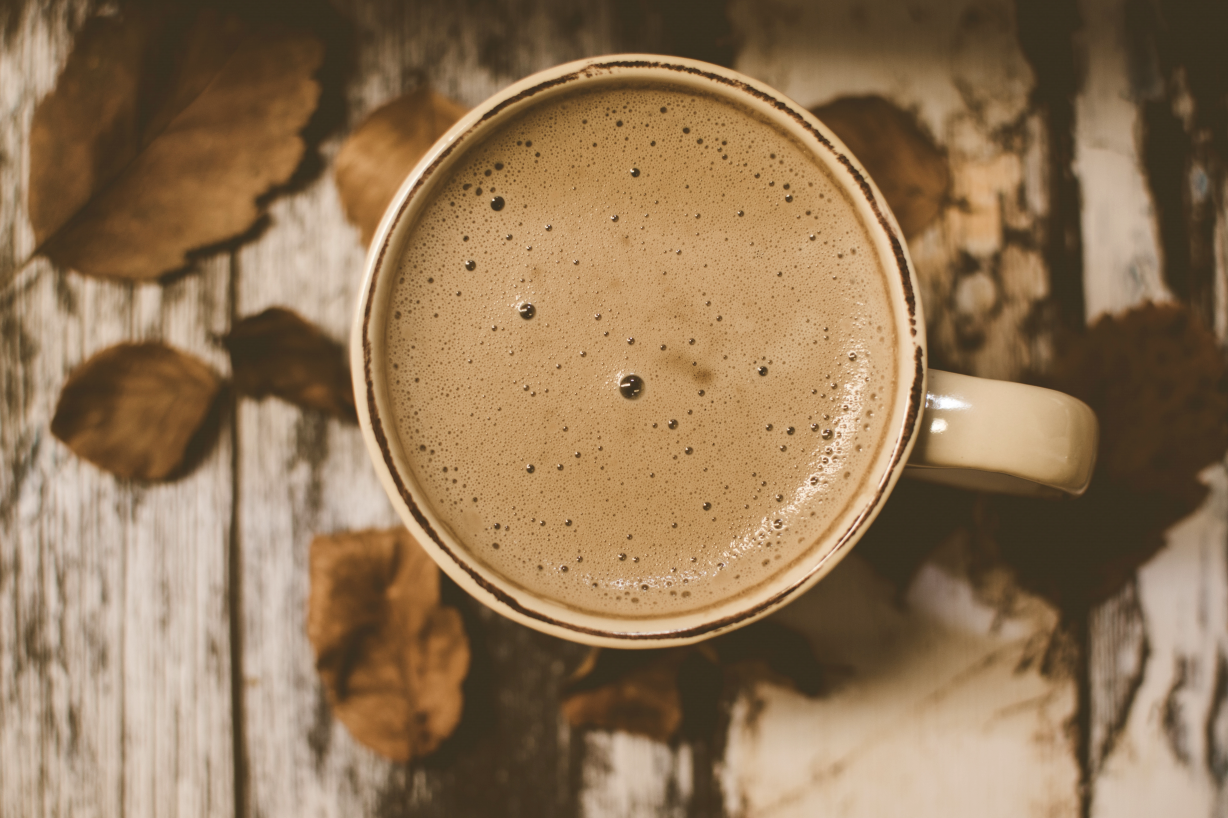
Coffee Reduces the Risk of Cancer
No matter the reason, most of the UK population consumes coffee.
According to the findings of research conducted by the Centre for Economics and Business Research (CEBR), the UK’s total population was consuming 95 million cups of coffee a day in 2018.
Wouldn’t it be great if there were some great health benefits of doing so?
Well, we’re in luck!
There are many such benefits. One of them is that coffee helps reducing the risk of several types of cancer. Data published in the July 2020 New England Journal of Medicine stated that some of the coffee compounds may have anti-cancer properties and this may be beneficial in reducing many types of cancers. Several other studies have also shown that coffee may lower the risk of different kinds of cancer, including head and neck, colorectal, breast, skin, liver cancer among many others.
Let’s take a look at how coffee helps in reducing the risk of three of these types of cancers.
1. Liver Cancer
In 2016, the World Health Organisation (WHO), after reviewing more than 1,000 studies, confirmed that regular and moderate intake of coffee may prevent liver cancer. Coffee not only assists in lowering the risk of liver cancer, but it also helps lower the risk of other liver diseases. It lowers the risk of fibrosis, i.e., scar tissue that builds up inside the liver, and cirrhosis, i.e., a condition in which the liver does not function properly due to long-term damage. Furthermore, coffee slows down the progression of many liver diseases. What’s best about these benefits is that they aren’t limited to the way you consume your coffee. Meaning, the benefits are the same no matter how your coffee is prepared - instant or espresso.
2. Breast Cancer
Breast cancer is the most common cancer among women. In the UK, one woman is diagnosed with breast cancer every 10 minutes. Around 55,000 women and 370 men are diagnosed with breast cancer every year in the UK. While there are uncontrollable factors like old age or family history etc., that add to the risk of developing breast cancer, not every case is as such. It is quite amazing to note that coffee could help in reducing the risk of this widespread illness. Several kinds of research indicate that coffee neither causes breast cancer nor increases its risk. These studies actually show that it on the contrary lowers the risk of breast cancer. In 2013, a large meta-analysis looked at 37 studies with more than 59,000 cases of breast cancer and reported that drinking coffee was associated with a lower risk of breast cancer in postmenopausal women. Similarly, a study published in January 2015 further confirmed the link between coffee and lower breast cancer risk in postmenopausal women. It was also reported that the risk of breast cancer was reduced when highly caffeinated coffee was consumed and that there was a direct relation in consumption and risk. The higher the consumption of coffee, the lower the risk of breast cancer.
3. Skin Cancer
Did you know that coffee drinkers are less likely to develop melanoma – the deadliest form of skin cancer? A diet and health study was conducted by the National Institutes of Health and AARP, involving 447,357 non-Hispanic white participants who were free of cancer. The participants were asked to fill out a food frequency questionnaire at the beginning of the study. According to the findings of the study, people who drank more cups of coffee every day were less likely to develop melanoma, compared with those who drank little to no coffee. People who consumed one to three cups of coffee a day saw about a 10% decreased risk of melanoma while those who drank four or more cups saw a 20% decreased risk.
The team noted that these results were only found among participants who consumed caffeinated coffee, not it's decaffeinated counterpart. In conclusion, coffee not only helps with lowering the risk of various types of cancer but also reduces the risk of several other diseases and therefore, offers a great number of health benefits.
The added energy-boost, taste, and flavours make coffee the widely favourited beverage it is today.
Share
